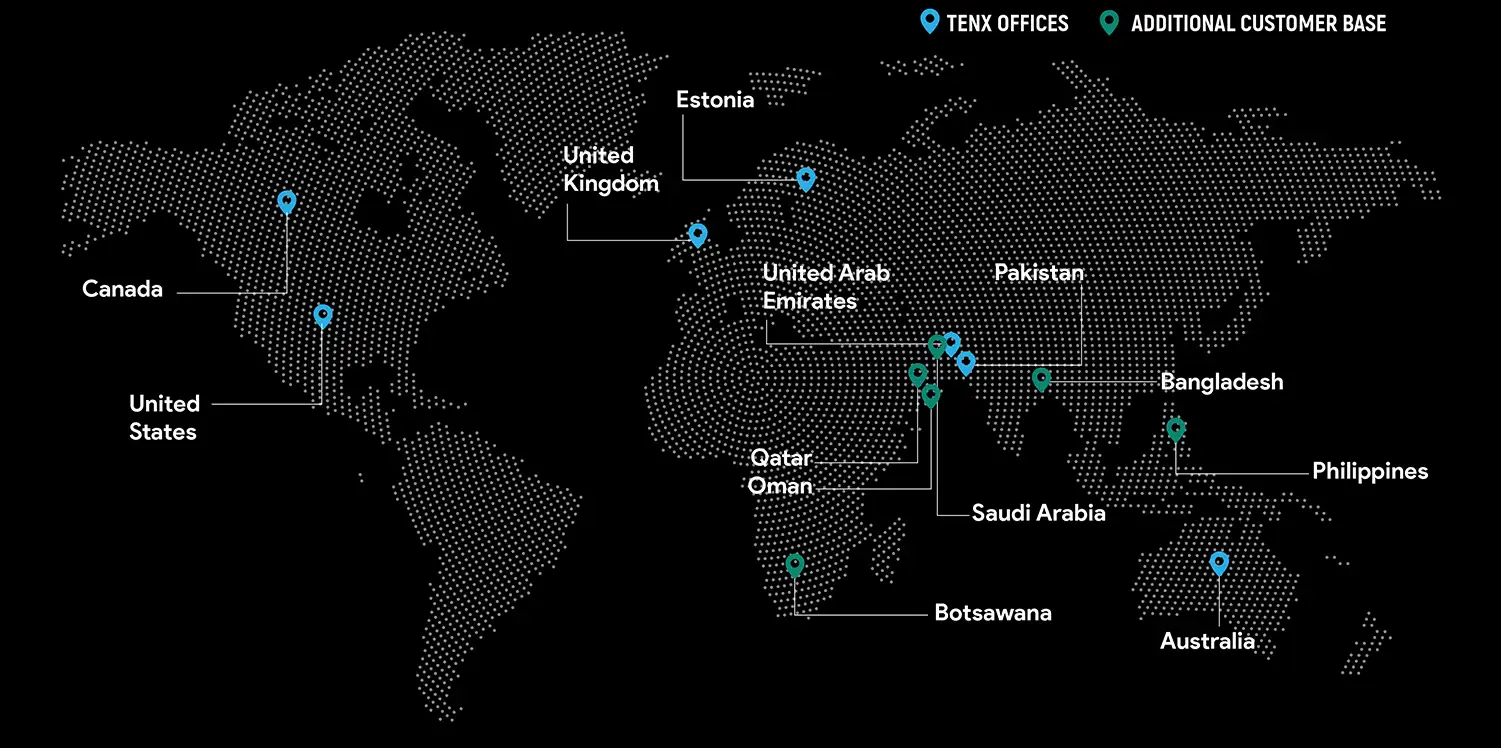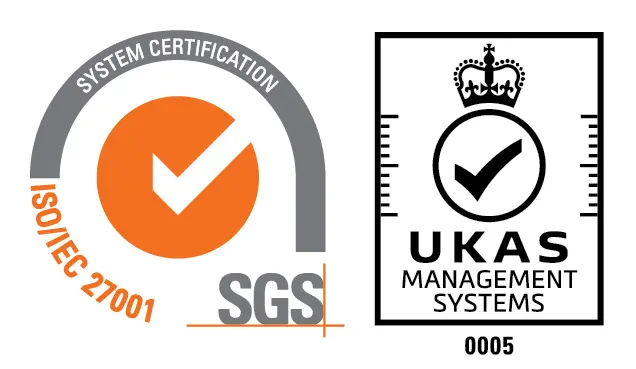December, 2023
on business success

- Maryam Rafi
In today’s dynamic market, a standout design isn’t just an asset; it’s the crucial differentiator that shapes your company’s image. A well-designed product or brand communicates complex ideas, processes, and data to the end-user in a visually appealing and understandable manner. It distinguishes itself and attracts customers through its unique features, aesthetics, and user journey.
Design has evolved and is more than what meets the eye. It’s about the overall experience, the story, and the uniqueness that sets you apart, making a good design essential for businesses.
Let’s explore how a practical design framework can impact your business..
Starting right
Your website, often the first meeting point with your customers, must be aesthetically pleasing and easy to use. A poorly designed website not only risks obscurity but also completely throws off a visitor, impacting engagement and trust.
In today's fast-paced digital world, where suitors are everywhere, you only get a small window to impress prospects, making the first impression the only one in many cases. In such a competitive world, a well-designed website cannot be overstated.
Beauty and functionality: Aesthetic-usability effect
The aesthetic-usability effect refers to when users think attractive products are easier to use. Many people assume that how something looks is directly linked to its functionality; hence, the better it looks, the better it functions. However, an appealing design can make users overlook minor usability issues but won't be able to compensate for major problems. So discover the sweet spot, which often lies in a seamless fusion of aesthetics and functionality, for a delightful user experience.
As the first law of e-commerce states, if users can't find the product, they can't buy it!
Converting visitors into customers
Okay, you've made a great first impression, but the journey doesn't stop there, right? You want your visitors to make a purchase, book a demo, or fill out a form, and your website needs to be the welcome mat - a tool to subtly guide them into taking action. Whether it's a website or an application, keeping users hooked involves carefully crafting interfaces to ensure a positive and enjoyable experience that fosters a sense of satisfaction and loyalty. For example, Bank of America upgraded its website to a more user-friendly interface and saw its registrations increase by 45%. The sheer volume increase illustrates that it's more than a design facelift; it's a strategic play that resonates with users, encouraging them to take that crucial step.
After identifying some key design elements, let’s delve into real-world scenarios where designs have contributed to building a strong brand identity.
iPhone: Design that solves problems
"Design is not just what it looks like and feels like. Design is how it works." — Steve Jobs.
This sentiment is exemplified in Apple's approach, where the simplicity of the design establishes a connection with its audience, making the iconic Apple logo recognizable even to a five-year-old.
For example, Bank of America upgraded its website to a more user-friendly interface and saw its registrations increase by 45%. The sheer volume increase illustrates that it's more than a design facelift; it's a strategic play that resonates with users, encouraging them to take that crucial step.
Ai Weiwei, a Chinese activist and artist, stated, "Everyone wants an iPhone, but it would be impossible to design an iPhone in China because it's not a product; it's an understanding of human nature."
Airbnb: Building connections through design
Similarly, Airbnb uses design to evoke powerful emotional responses from its viewers. The company frequently uses compelling storylines and striking images in its marketing efforts to evoke feelings of adventure, human connection, and a sense of belonging, encouraging visitors to envision themselves as integral members of a global travel community.
Slack: Designed for team success
Lastly, Slack stands out as a superb example of UI/UX design. Its user-friendly layout and experience have revolutionized team communication. Slack's design serves as a facilitator that makes it easy for teams to work together, highlighting the impact that thoughtful designs can have on user engagement and productivity.
In the language of commercial success, design is the silent force that speaks volumes in all its forms.

Maryam Rafi
Maryam, at TenX works as Senior UX/UI Designer
Global Presence
TenX drives innovation with AI consulting, blending data analytics, software engineering, and cloud services.
Ready to discuss your project?





